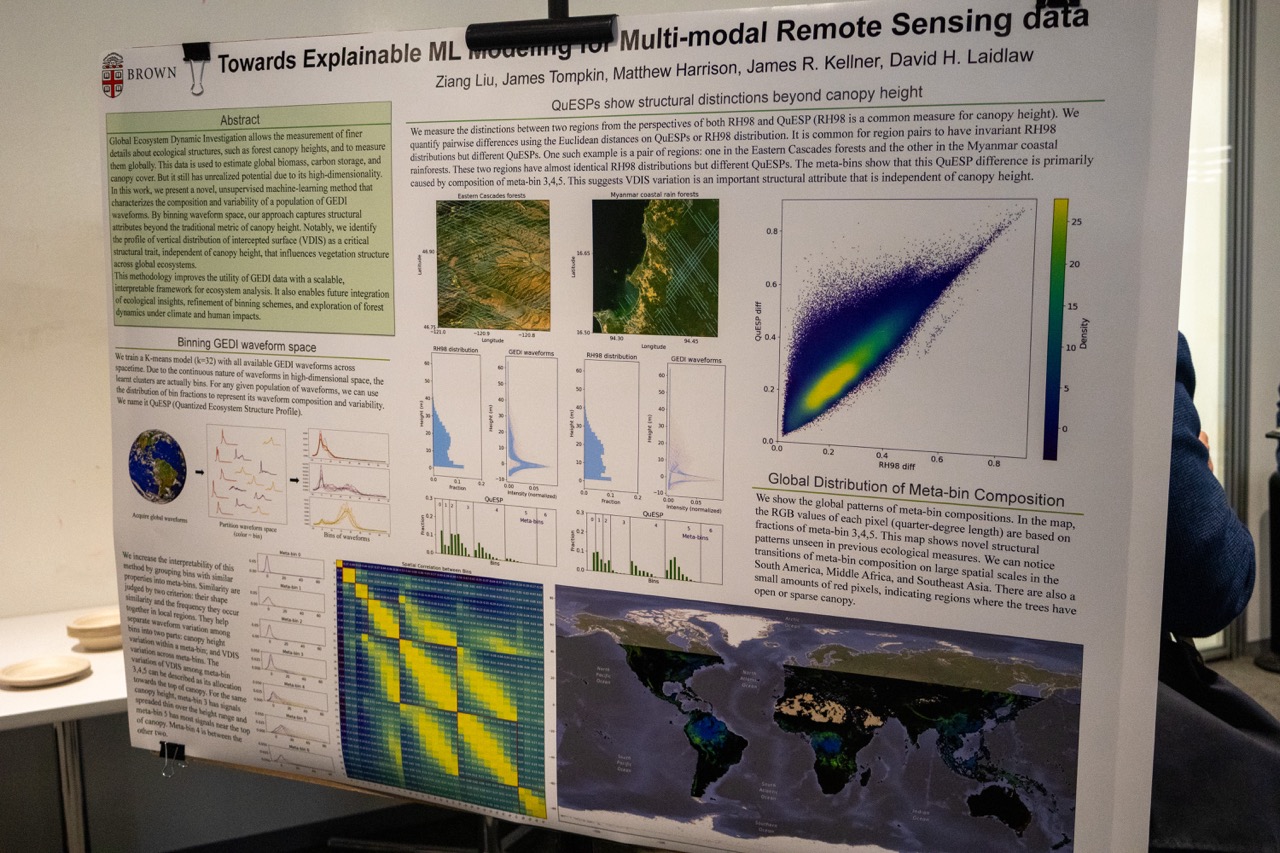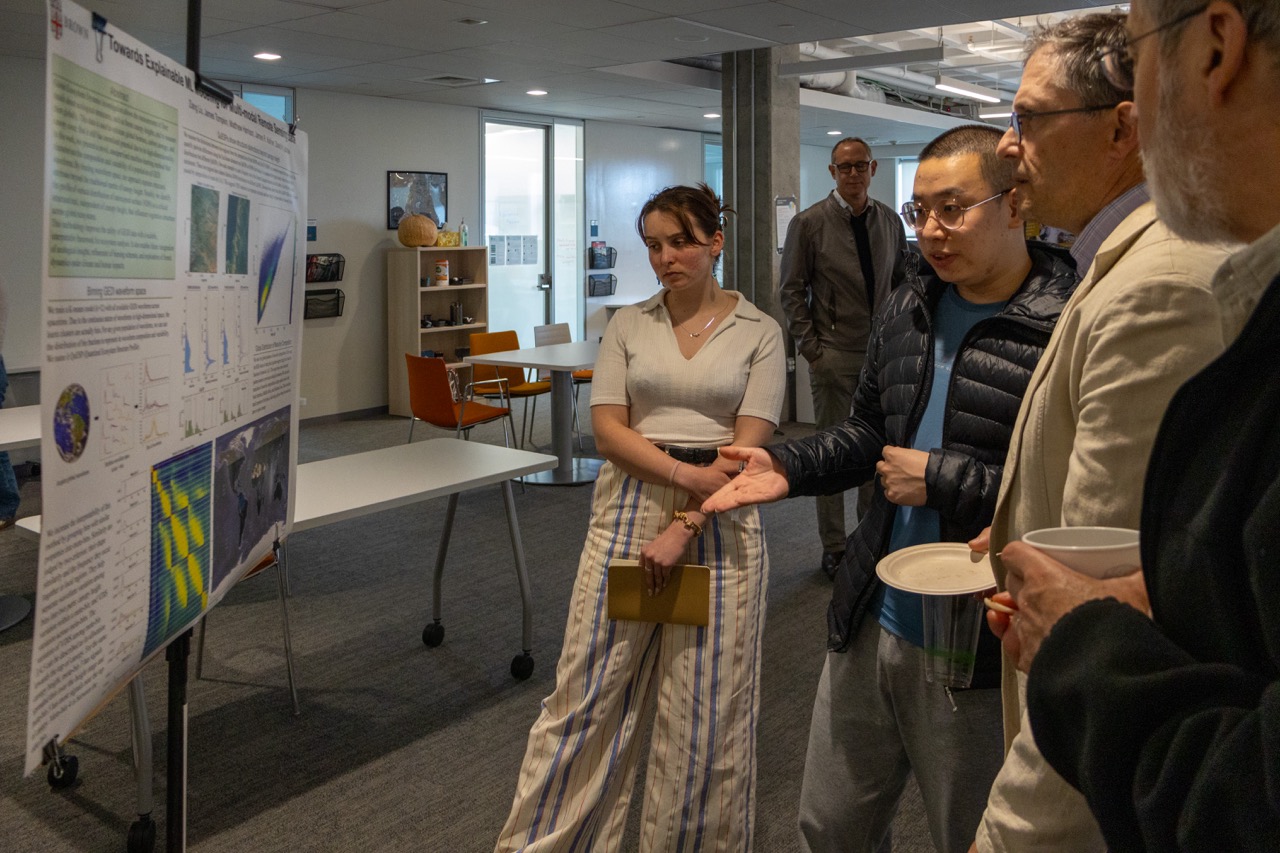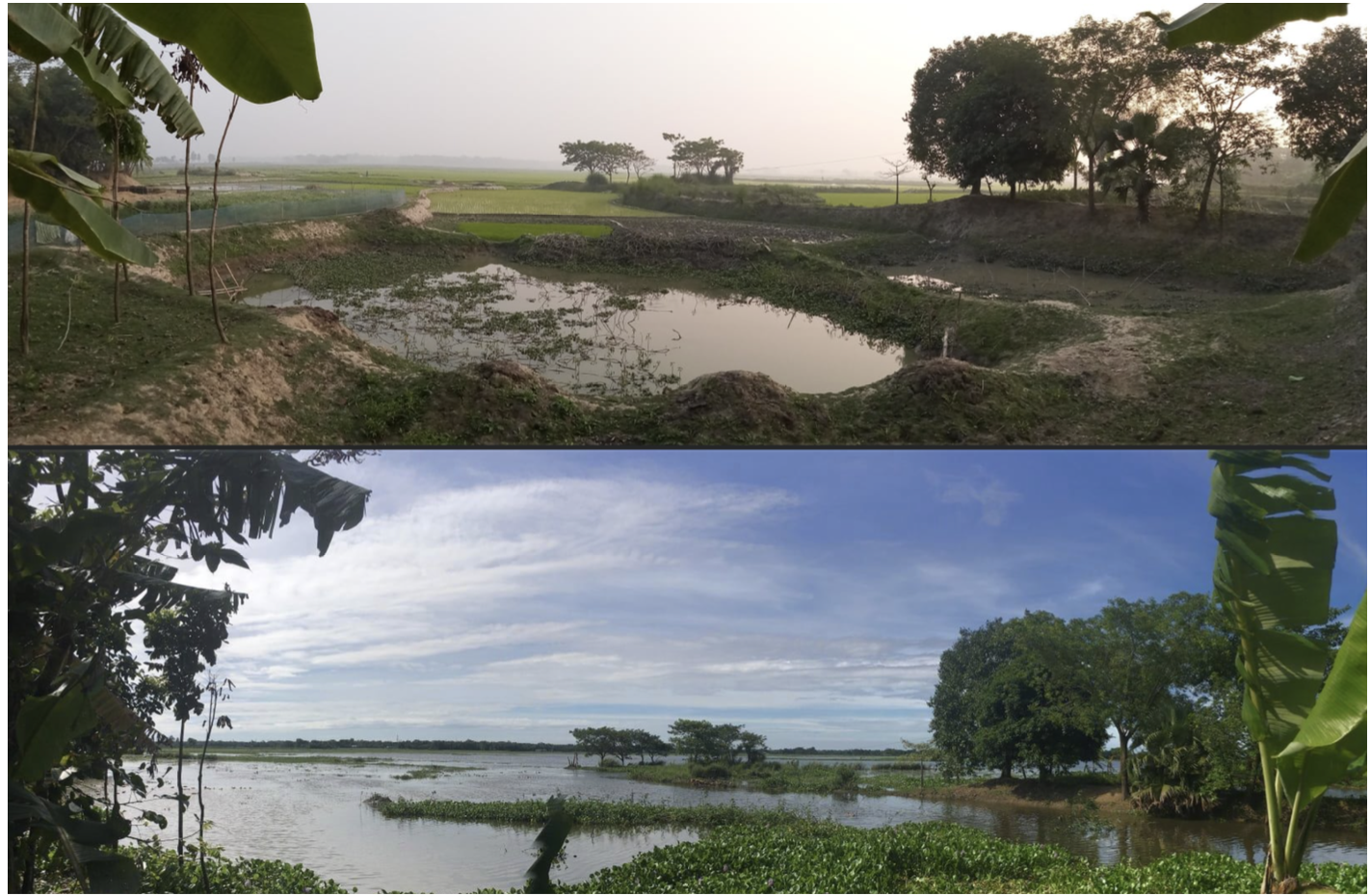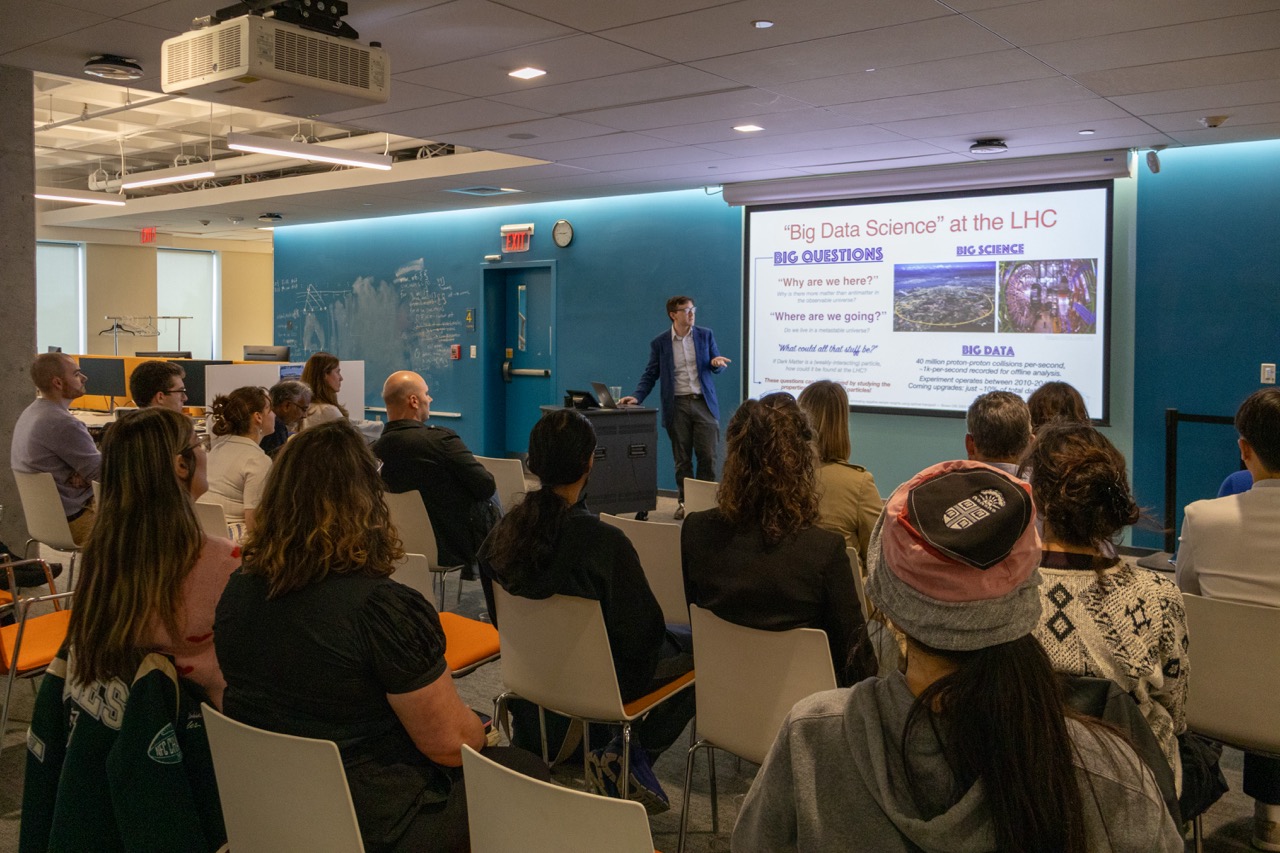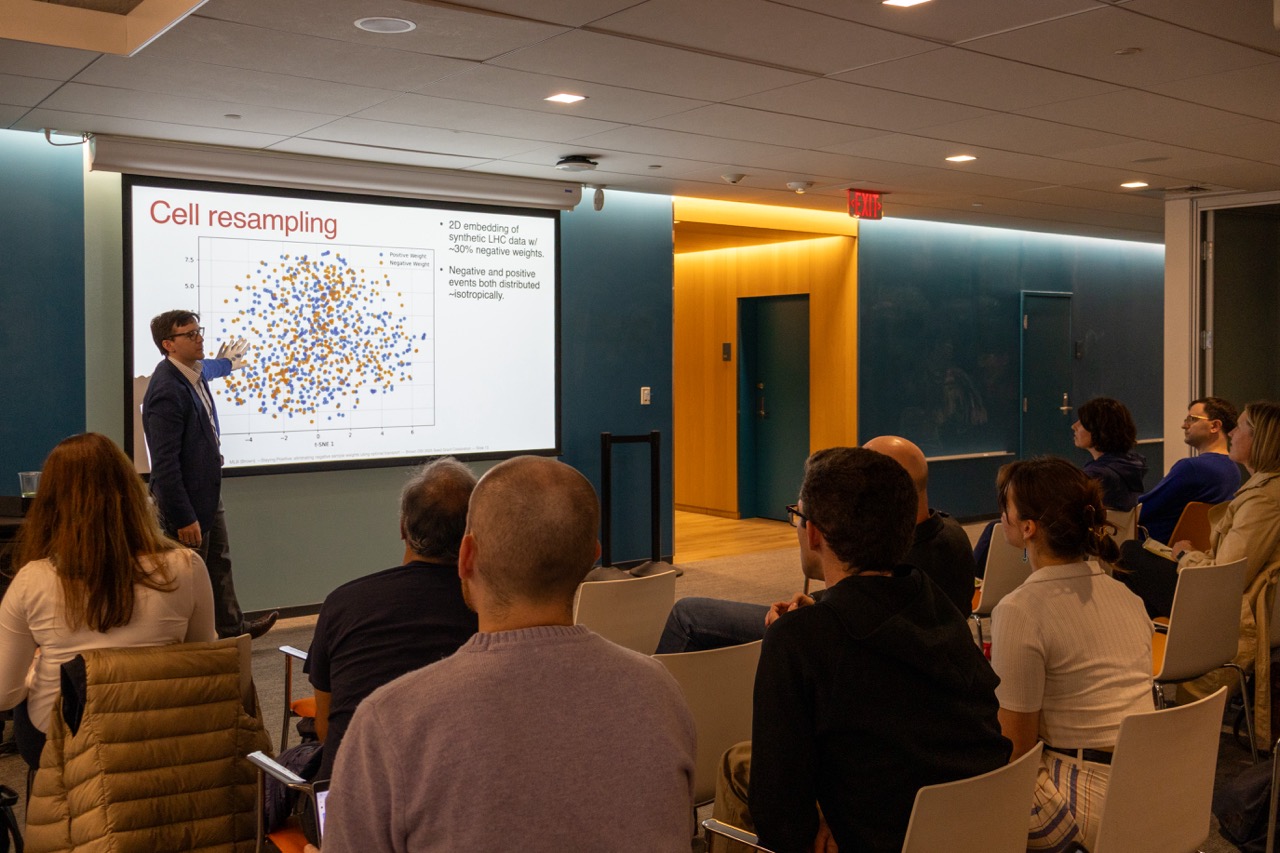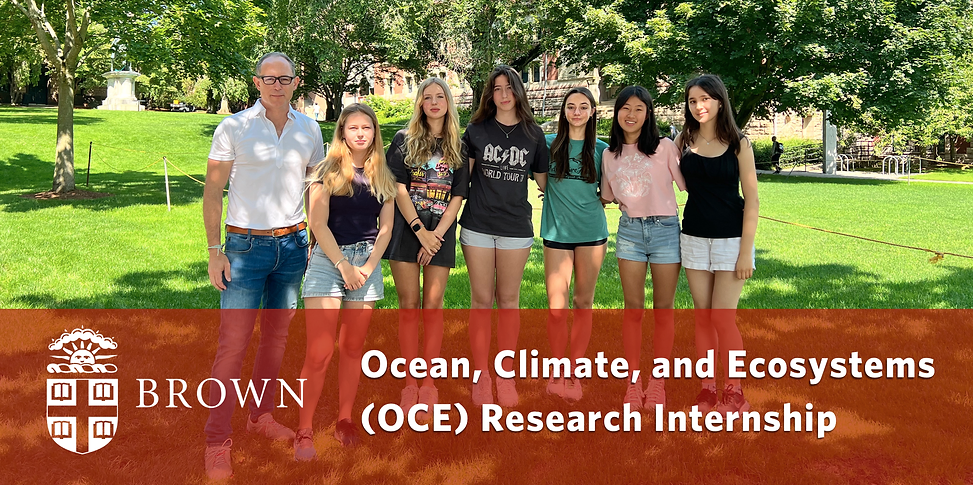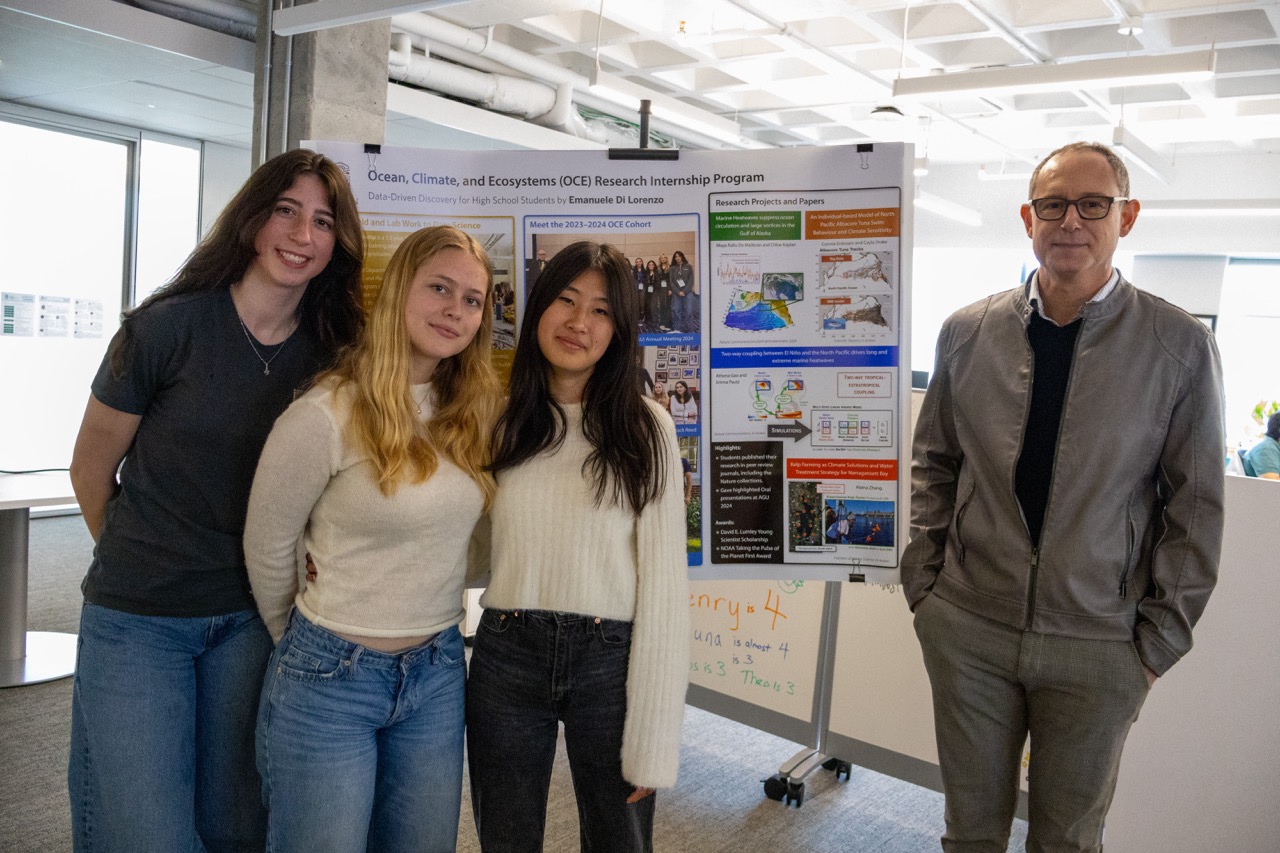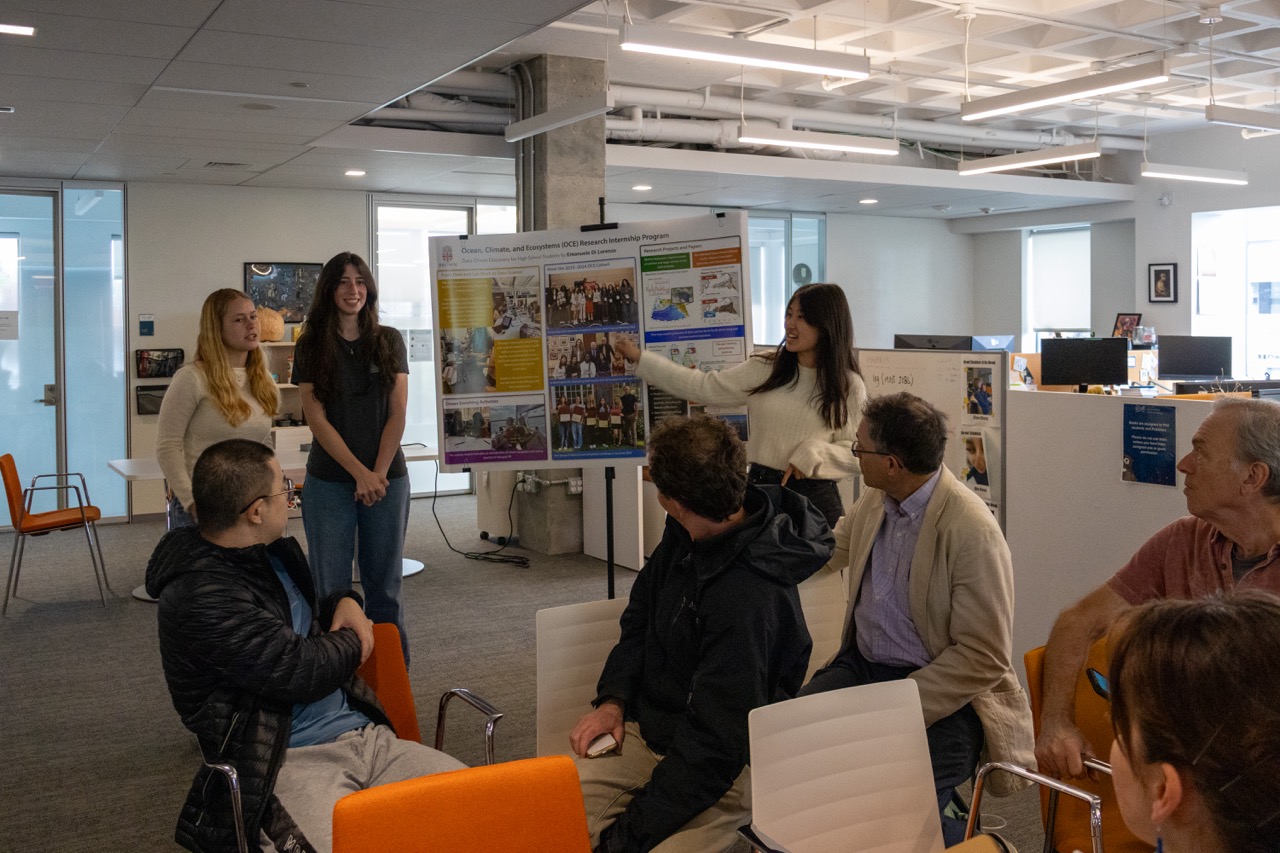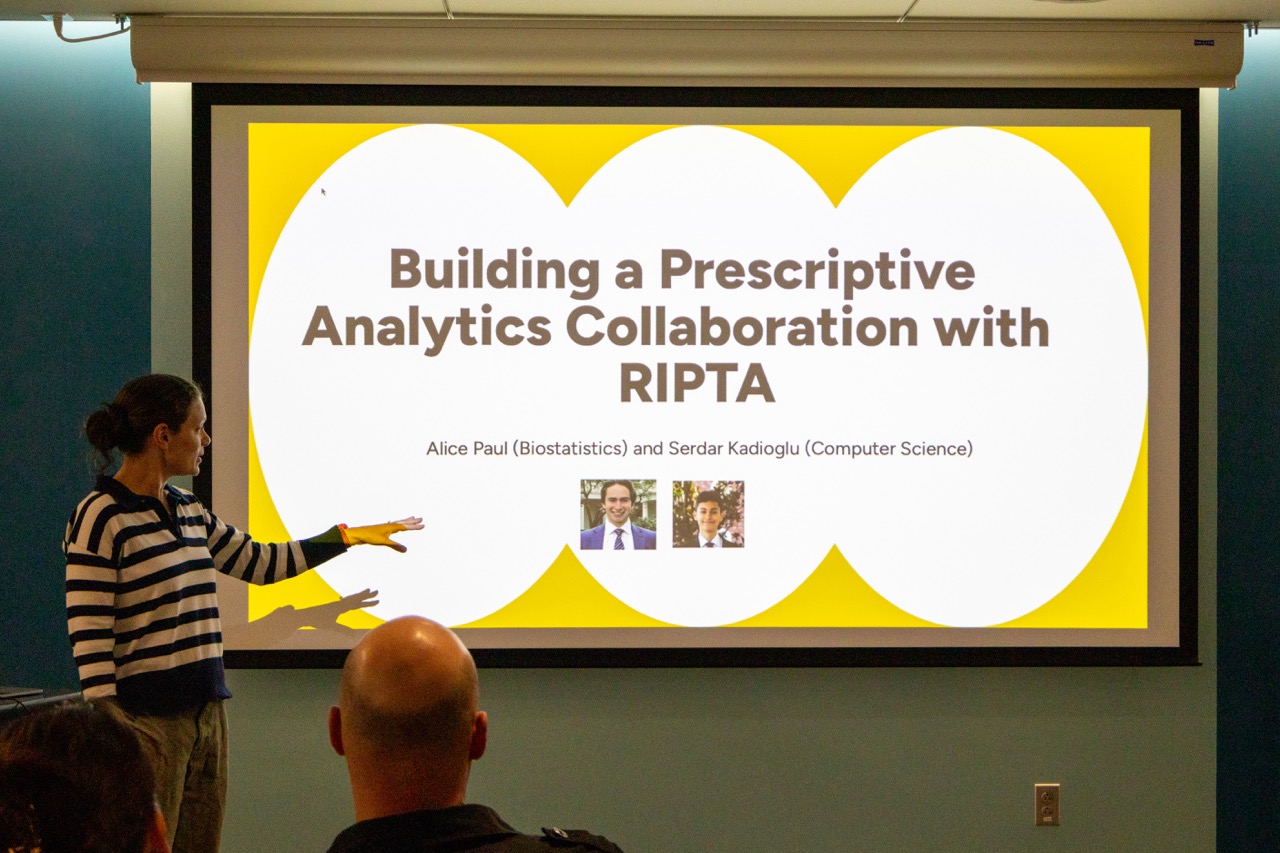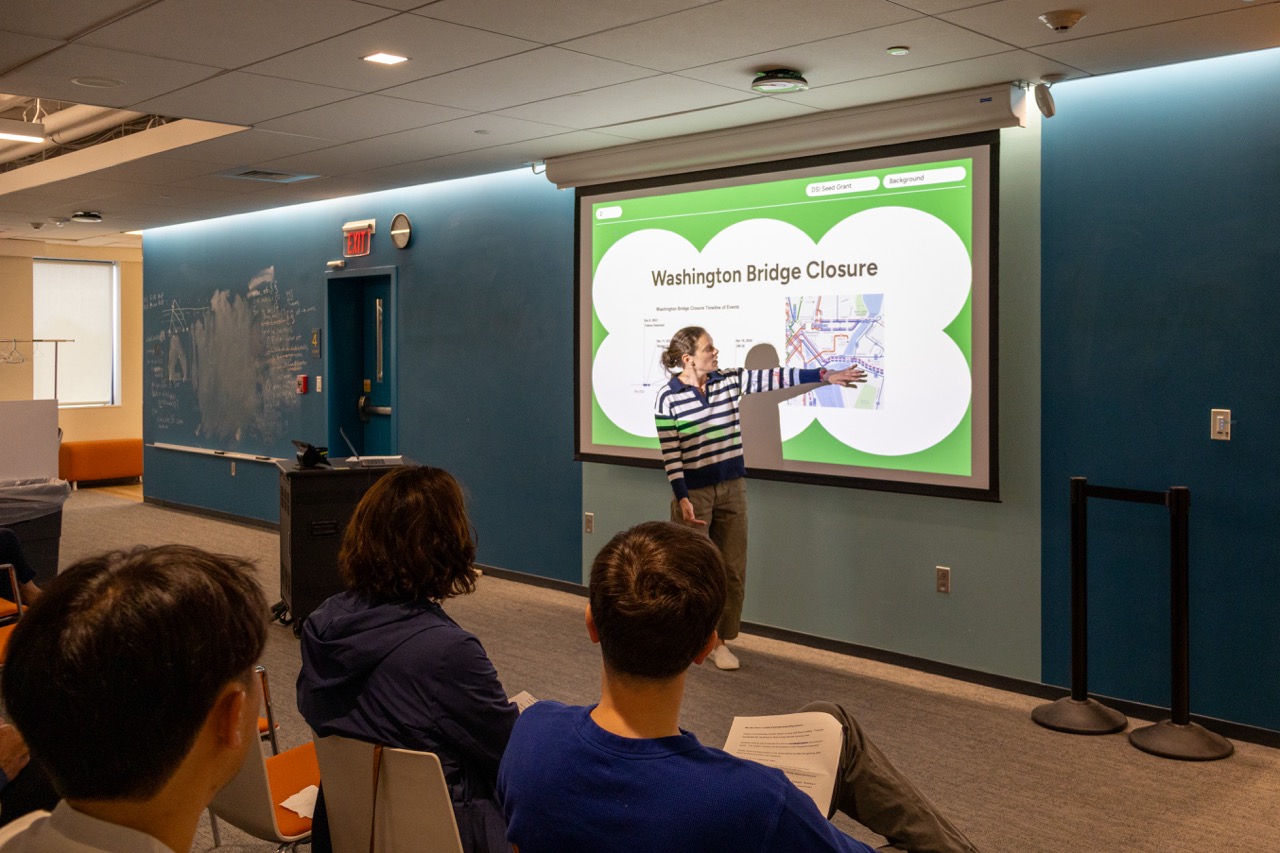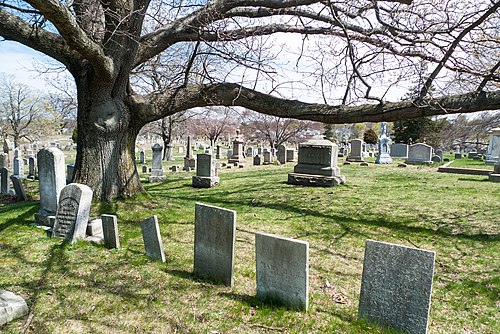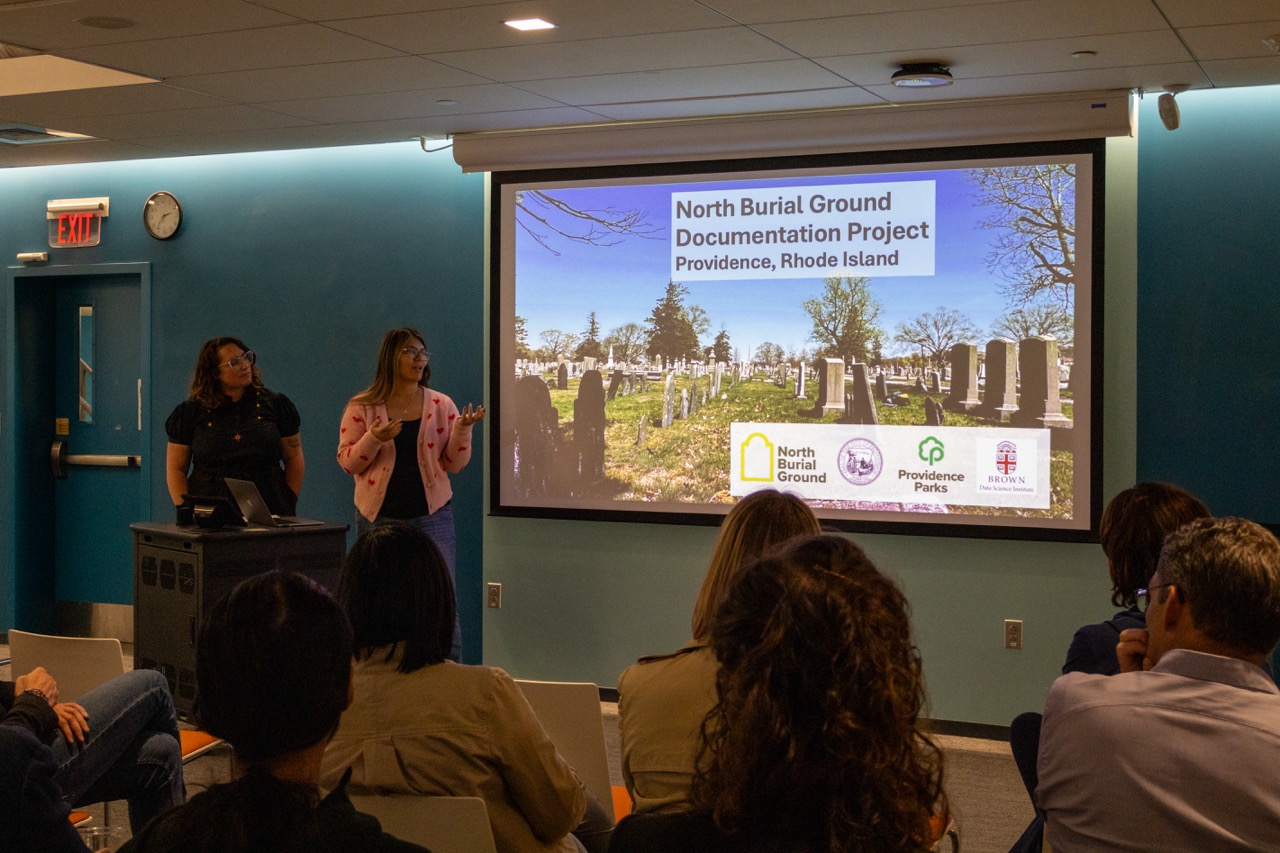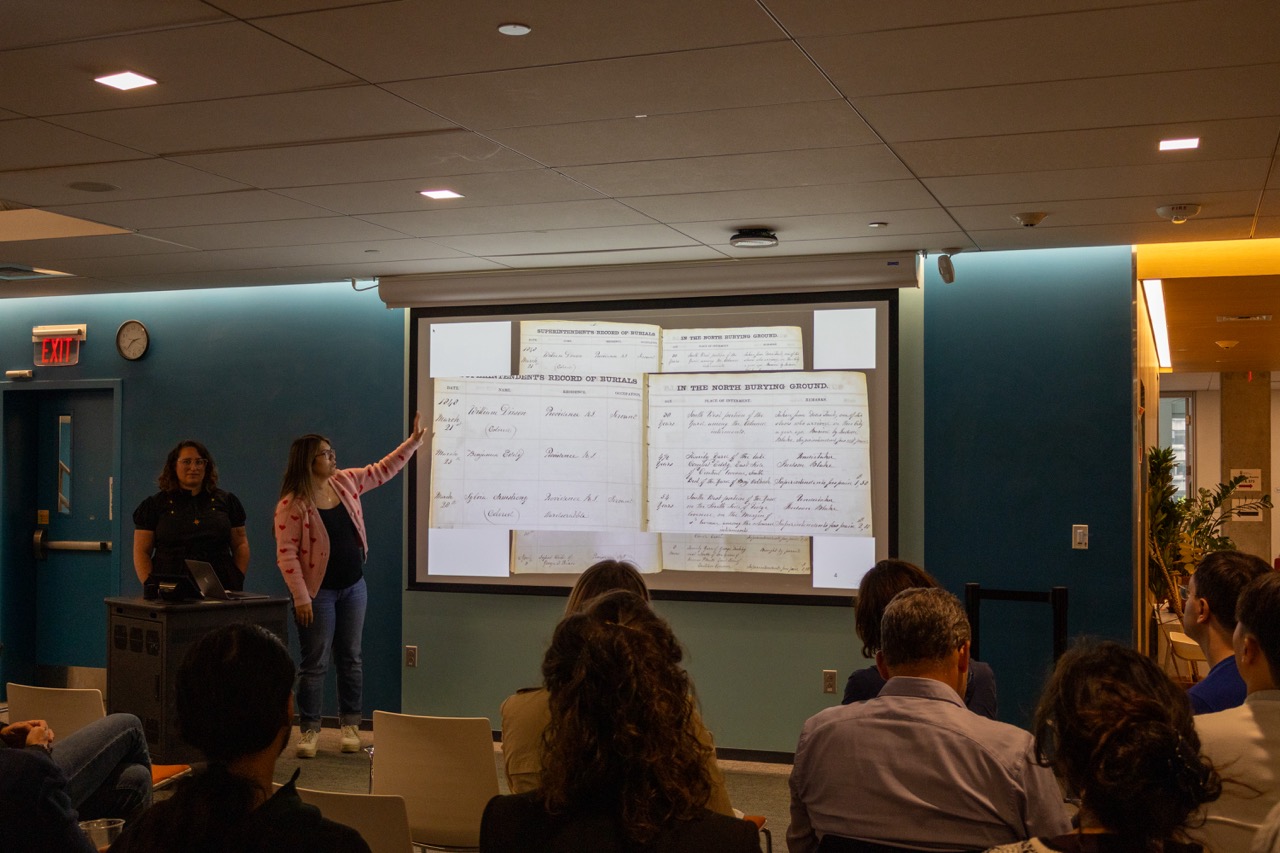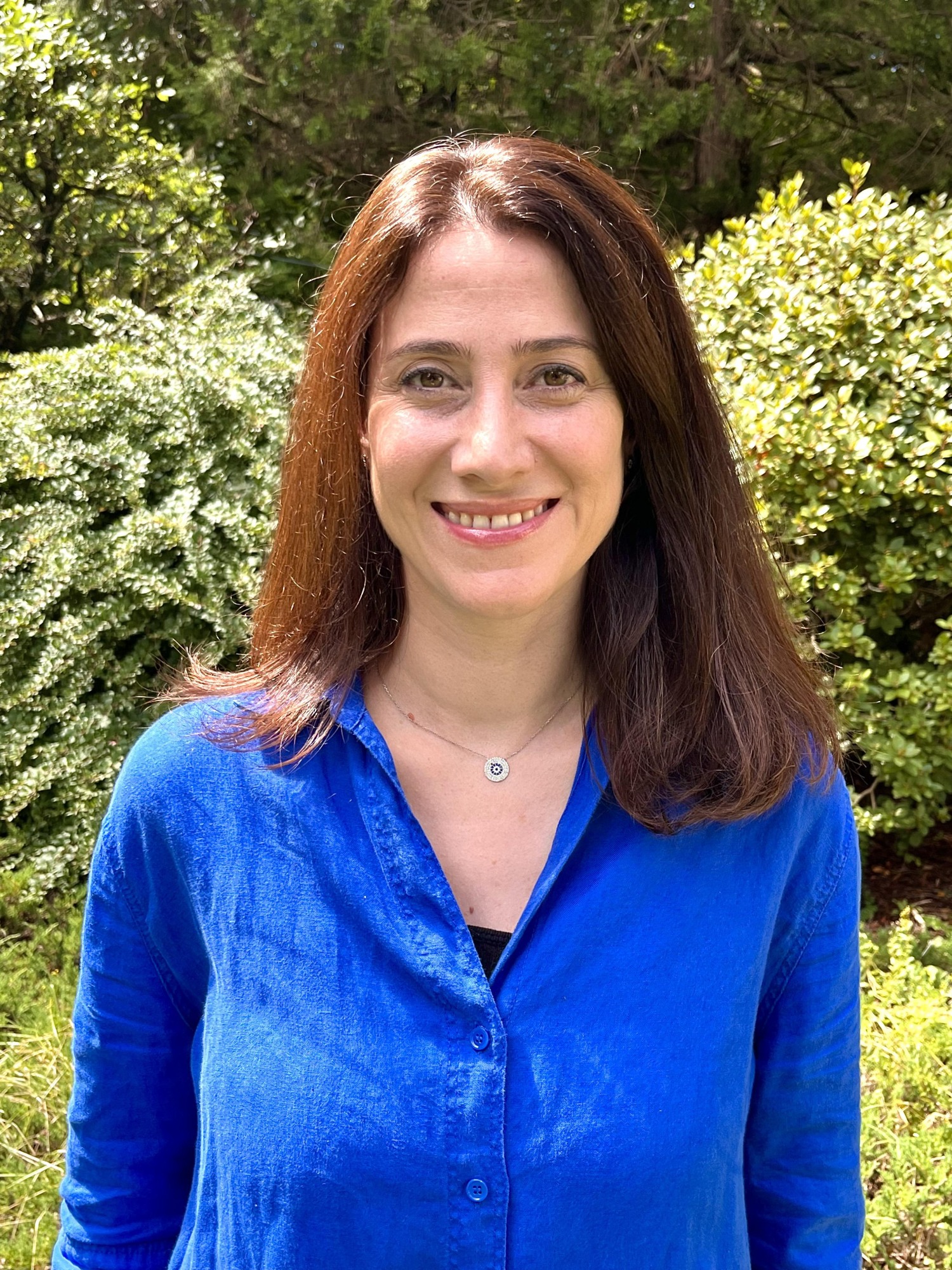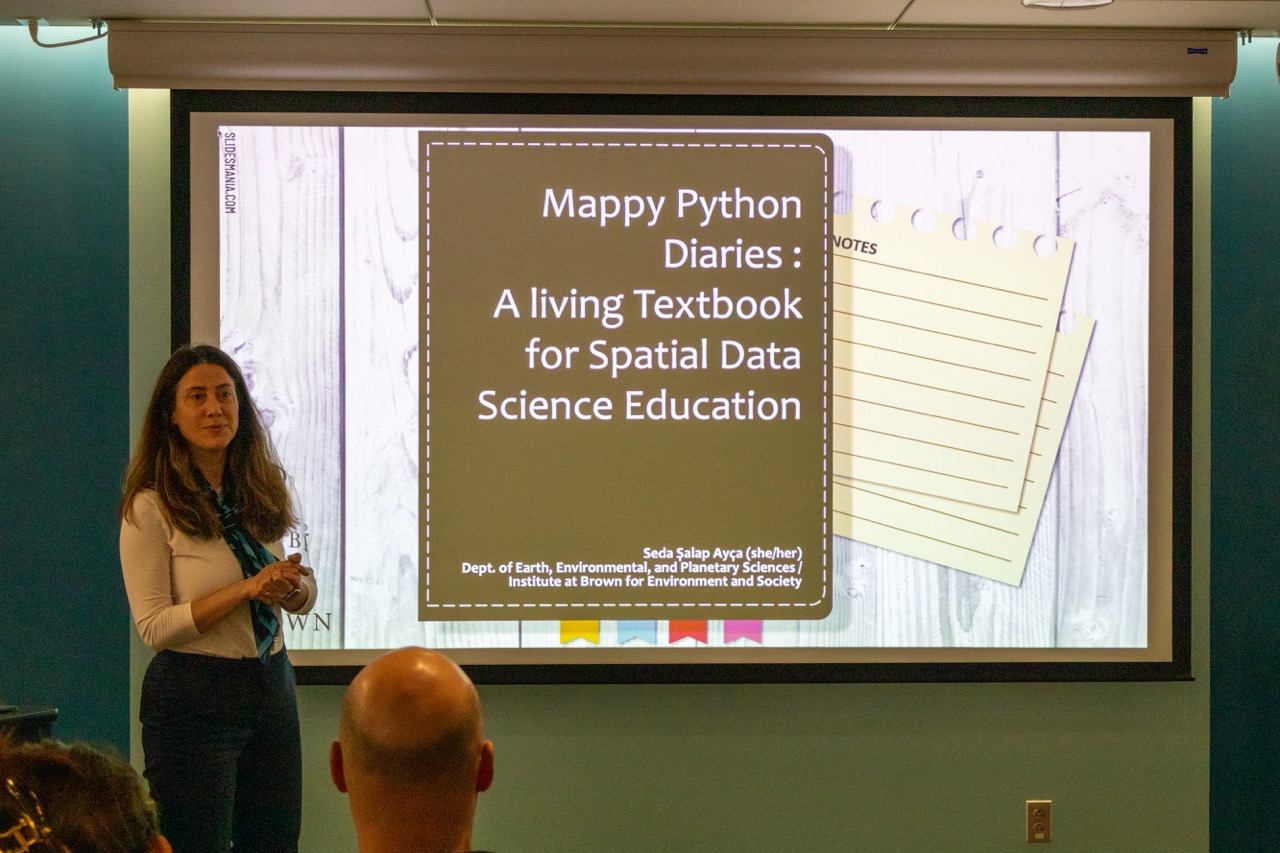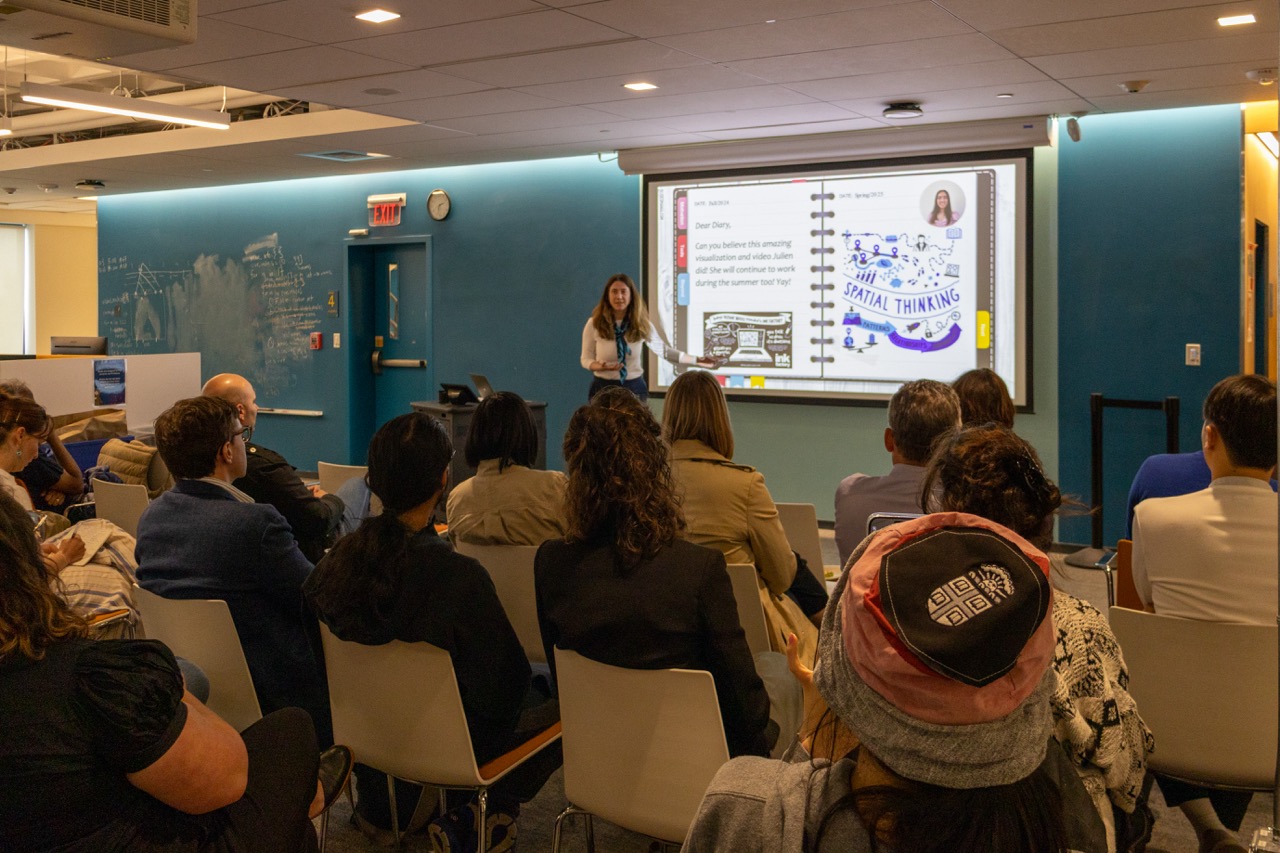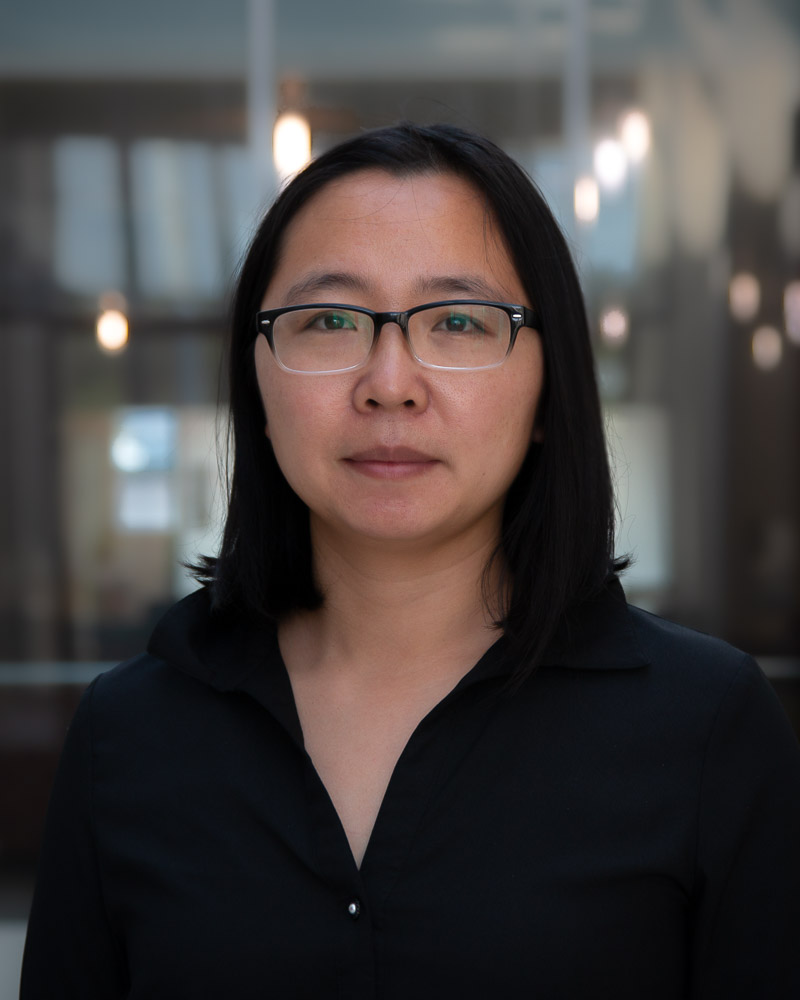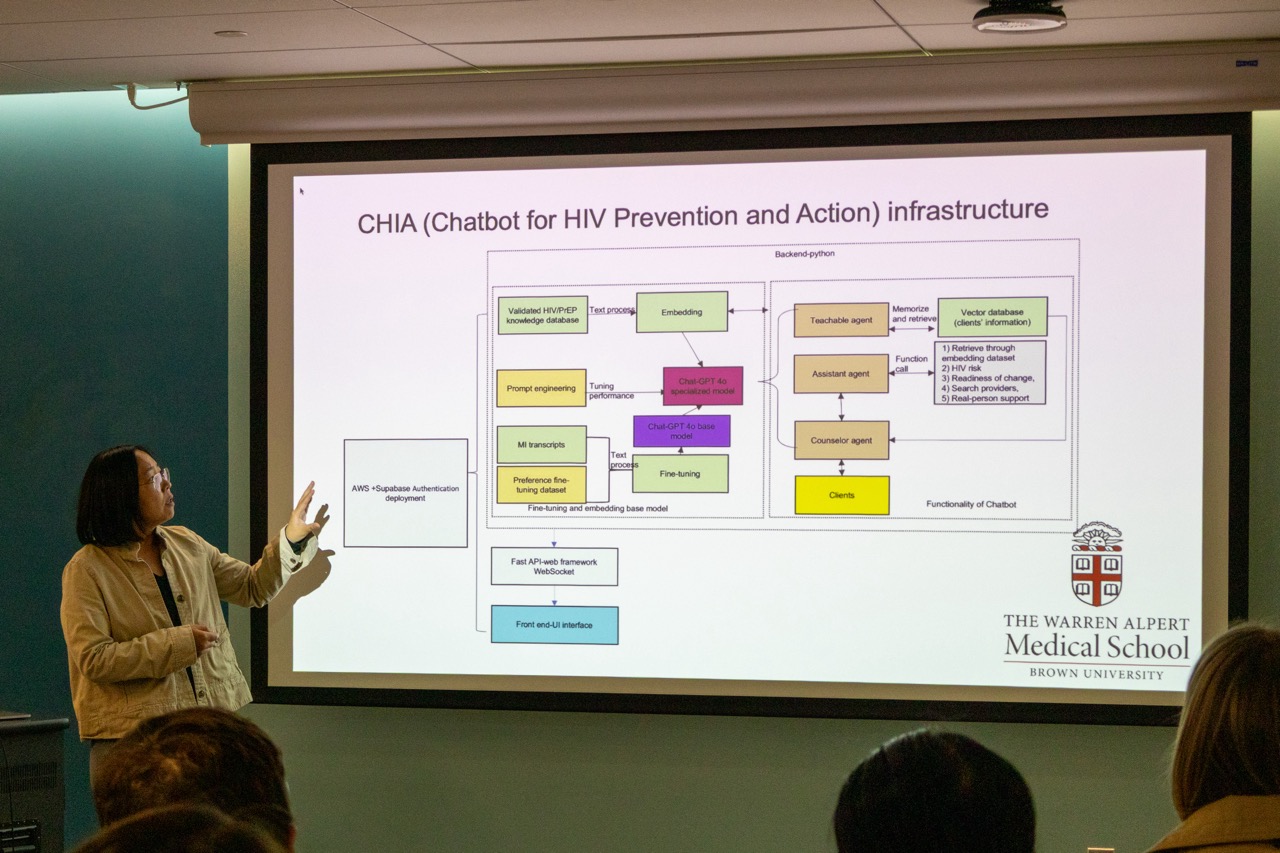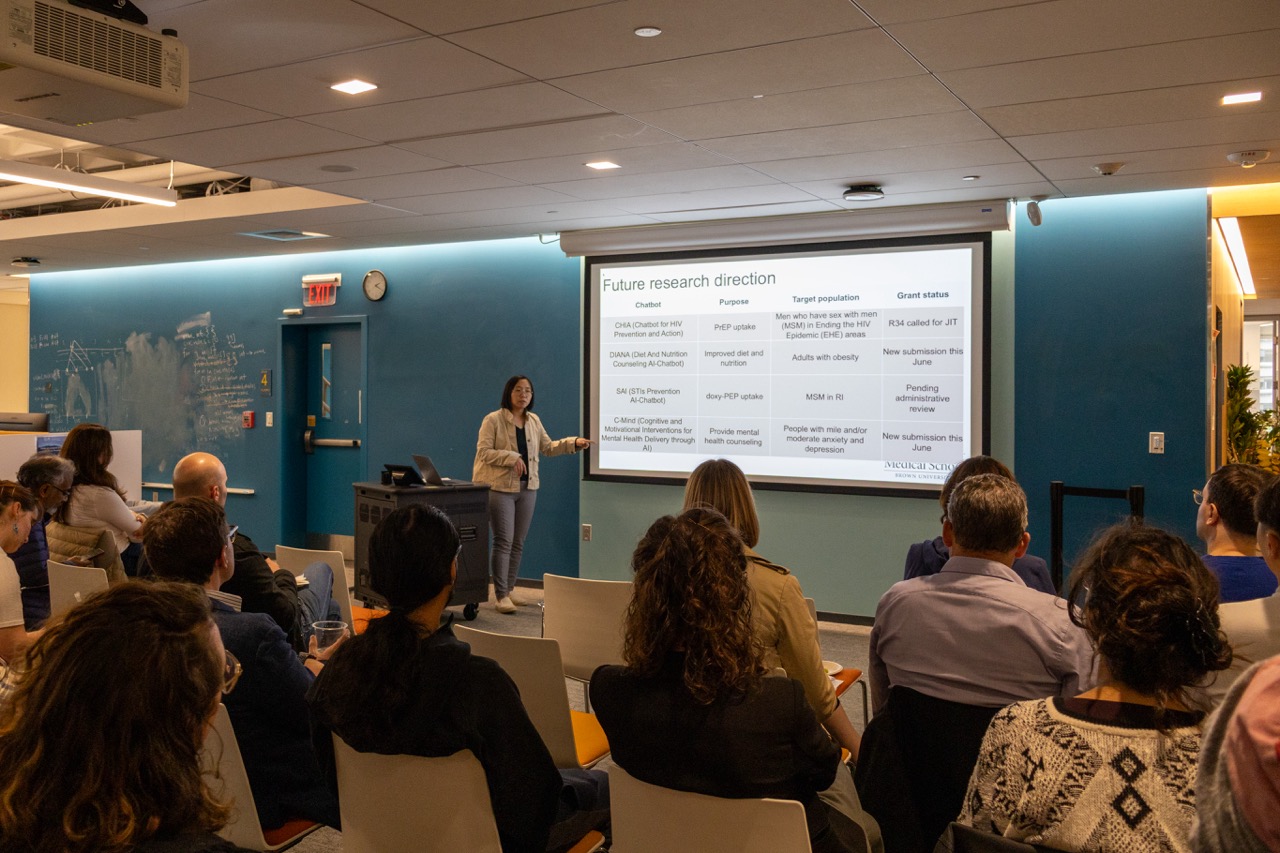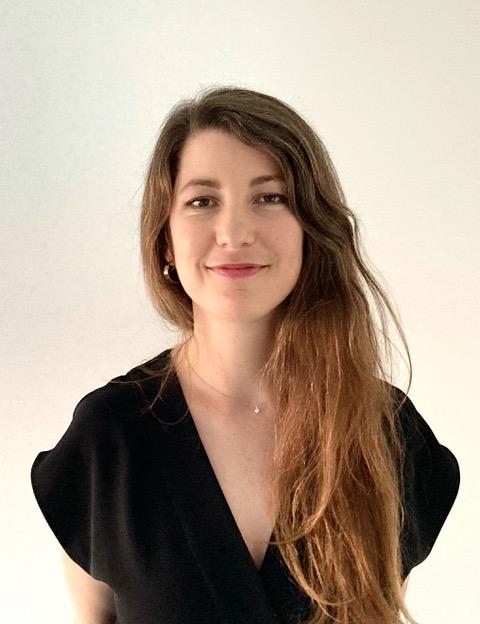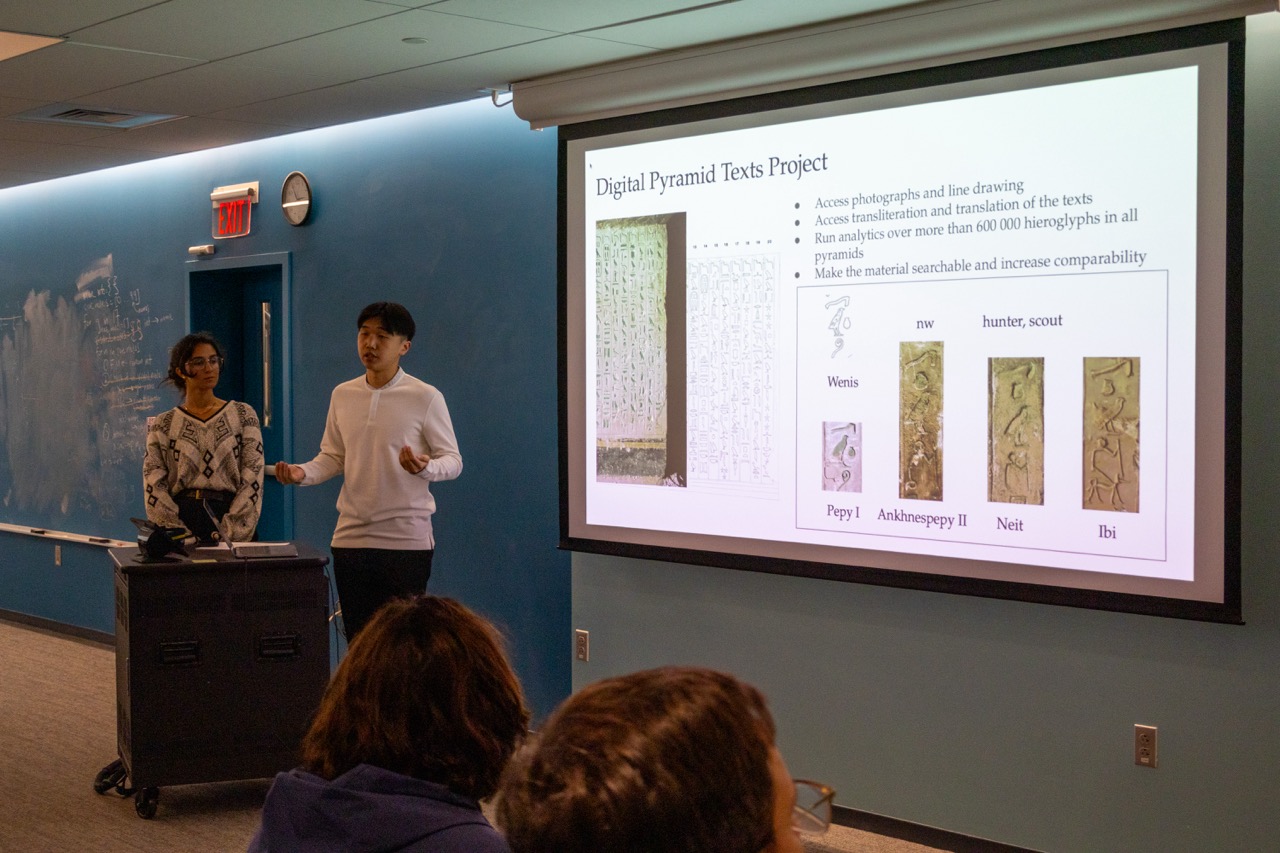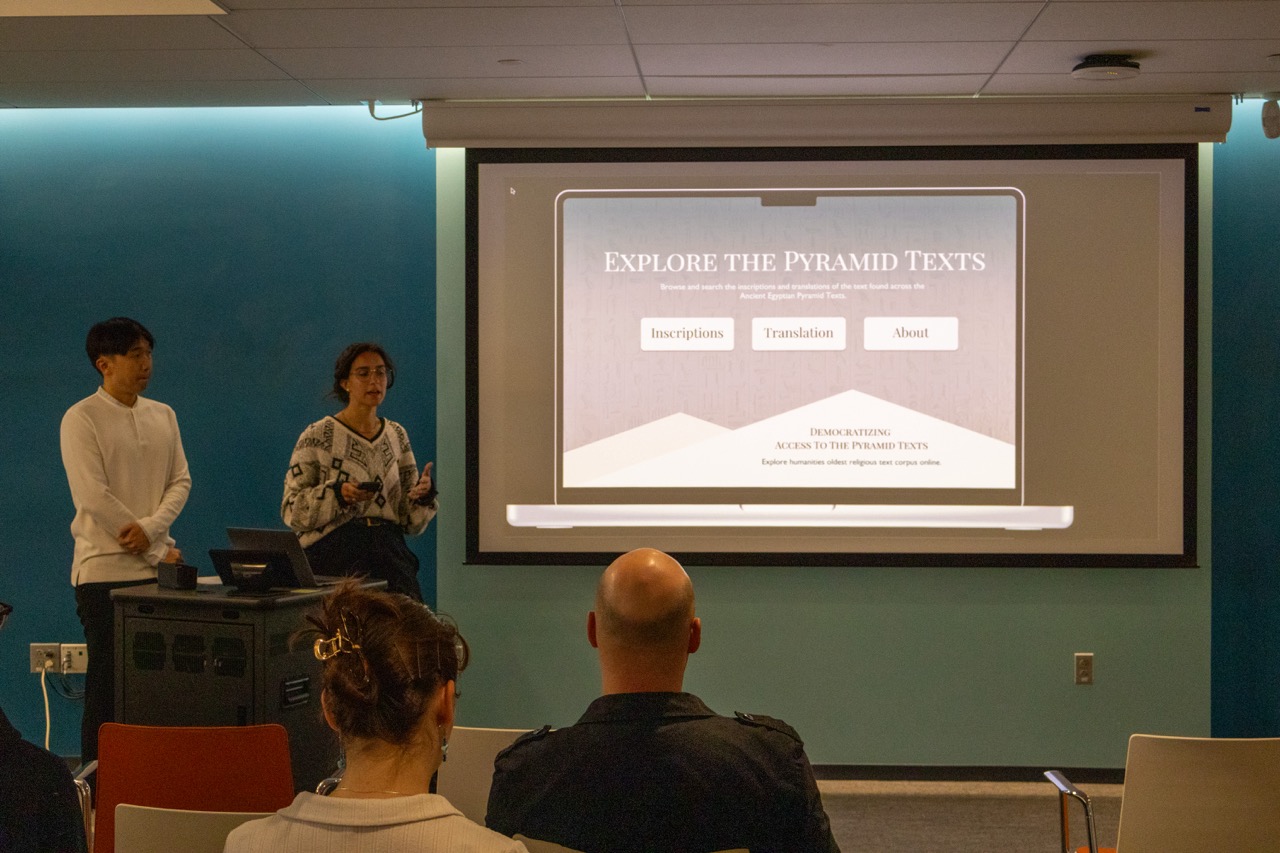DSI awarded a total of $283,287 to nine data science projects across the university, ranging from topics in Physics to Anthropology to Medicine. These projects have engaged researchers at all levels, including high school students, undergraduates, and graduate students. Explore each DSI-supported project below.
Data Science Grants @ Brown 2024-2025
During academic year 2024-2025 (FY2025), DSI supported nine seed grants for data science researchers across a range of disciplines at Brown.
Data Science Grants @ Brown 2024-2025
During academic year 2024-2025 (FY2025), DSI supported nine seed grants for data science researchers across a range of disciplines at Brown.
May 2025 Data Science Seed Grants Presentations
The researchers from our 2024-2025 grants gathered in May 2025 to share their projects with each other, communicating recent research updates and impacts from their projects on the Brown and Providence communities.
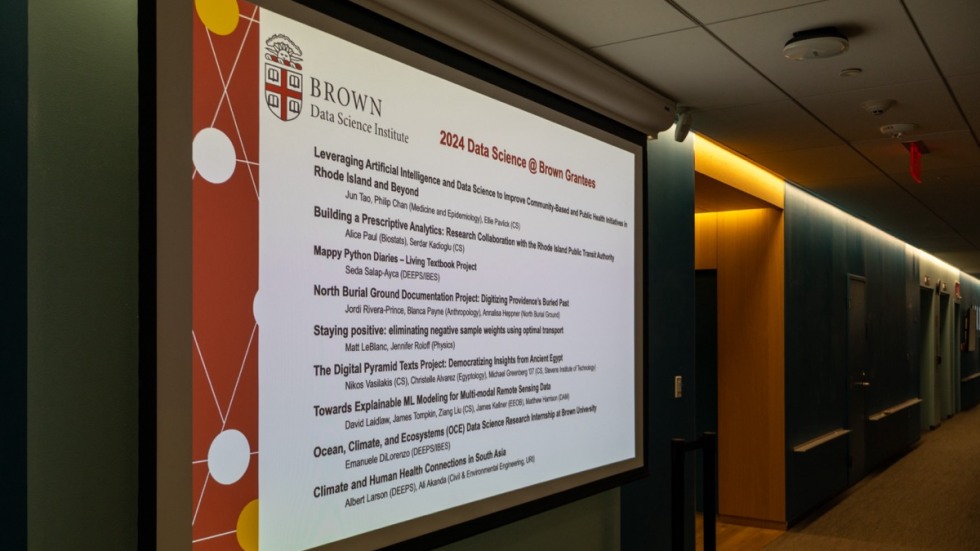
2024-2025 Data Science Seed Grants Presentations (May 2025).
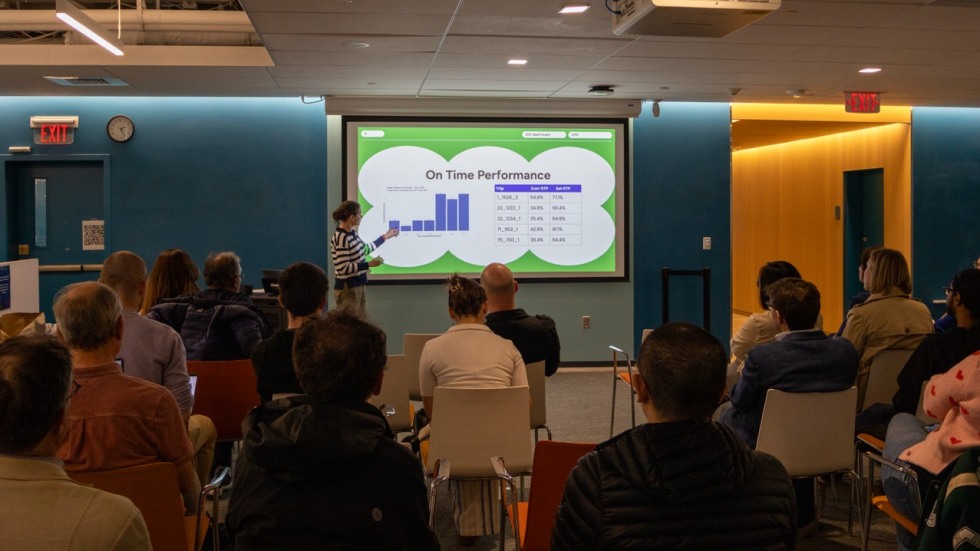
Alice Paul, "Building a Prescriptive Analytics Collaboration with Rhode Island Transport Authority."
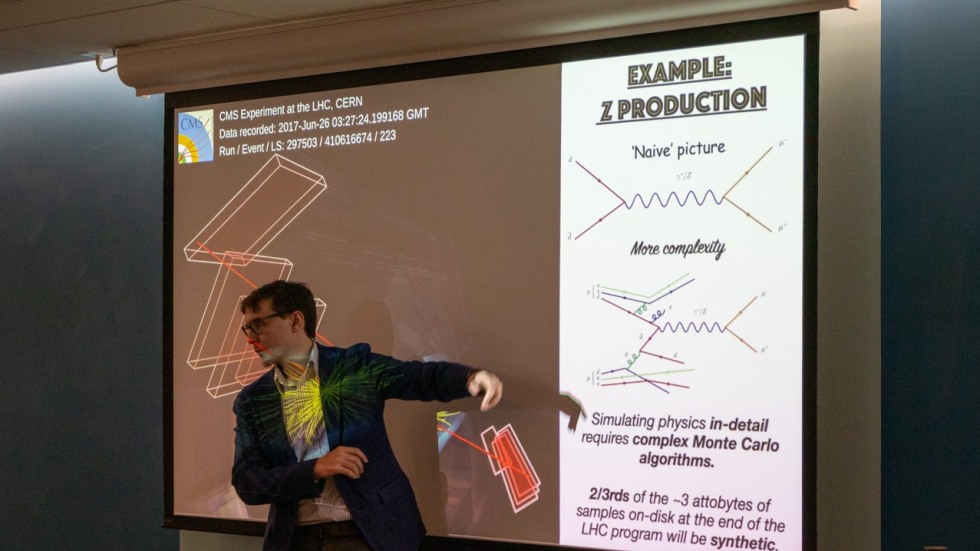
Matt LeBlanc, "Staying Positive: Eliminating Negative Sample Weights Using Optimal Transport."
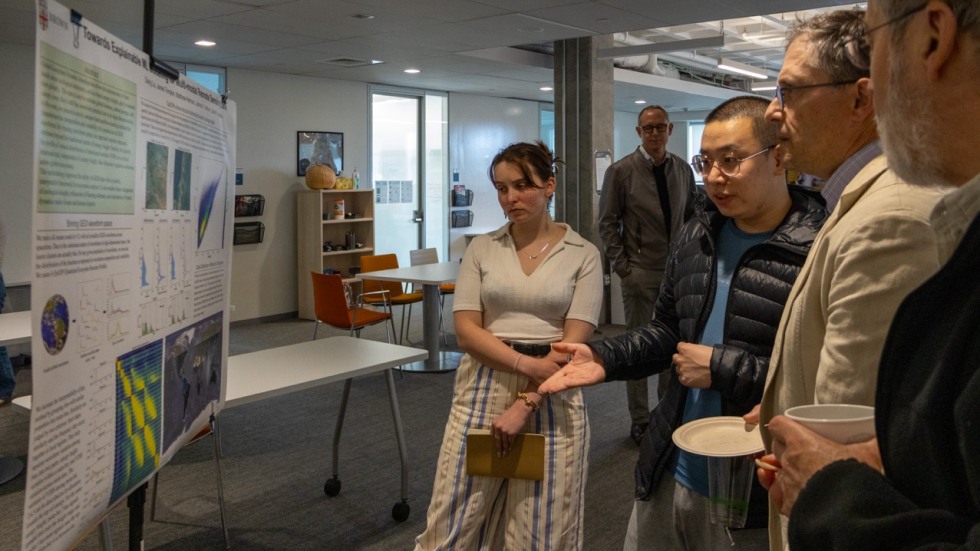
David Laidlaw and Ziang Liu, "Towards Explainable ML Modeling for Multi-model Remote Sensing Data."

Emanuele Di Lorenzo, "Ocean, Climate, and Ecosystems (OCE) Data Science Research Internship."
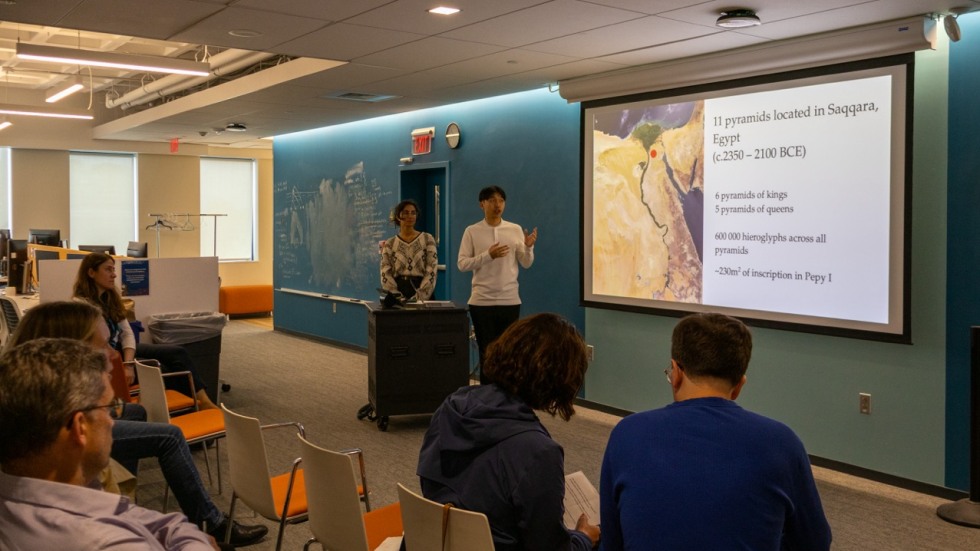
Christelle Alvarez and Nikos Vasilakis, "The Digital Pyramid Texts Project: Democratizing Insights from Ancient Egypt."
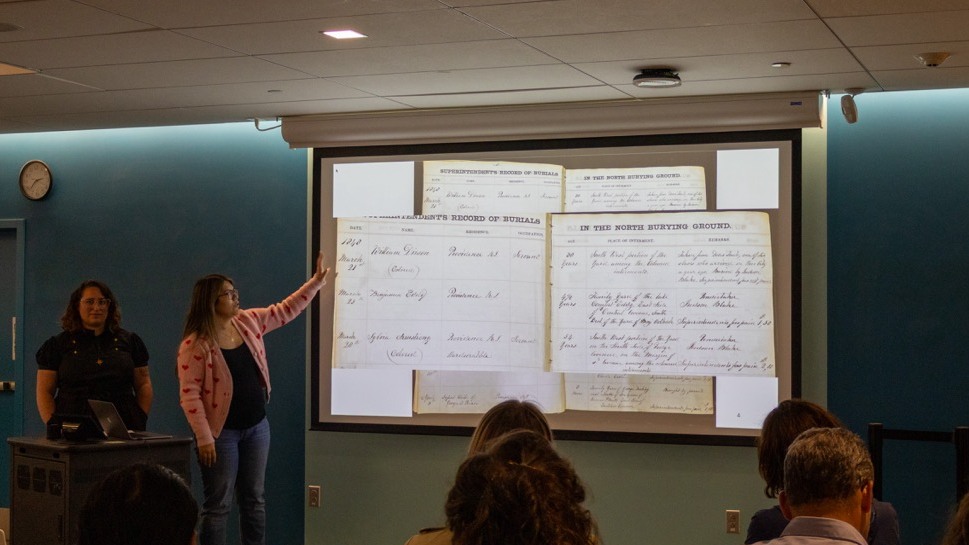
Jordi Rivera-Prince and Annalisa Heppner, "North Burial Ground Documentation Project: Digitizing Providence's Buried Past."
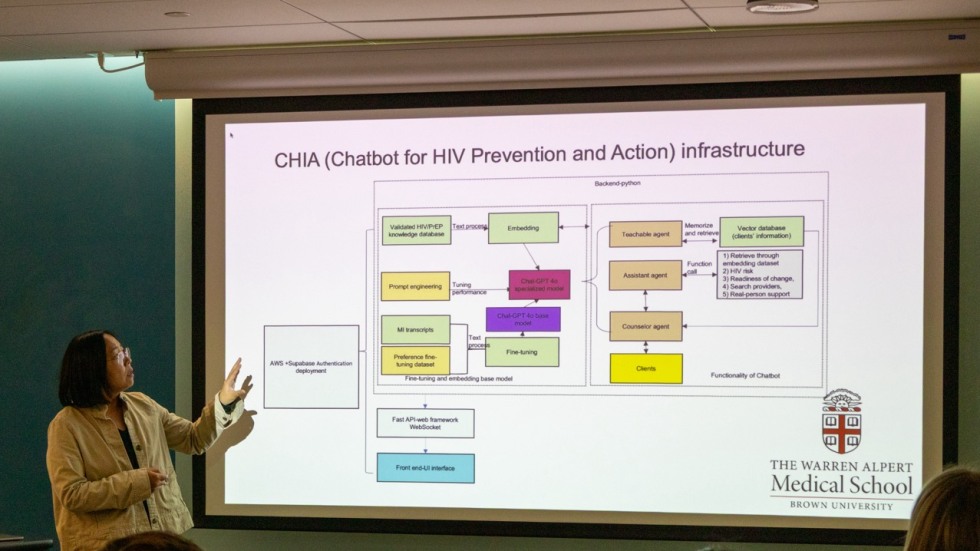
Jun Tao, "Leveraging AI and Data Science to Improve Community-Based and Public Health Initiatives in Rhode Island and Beyond."
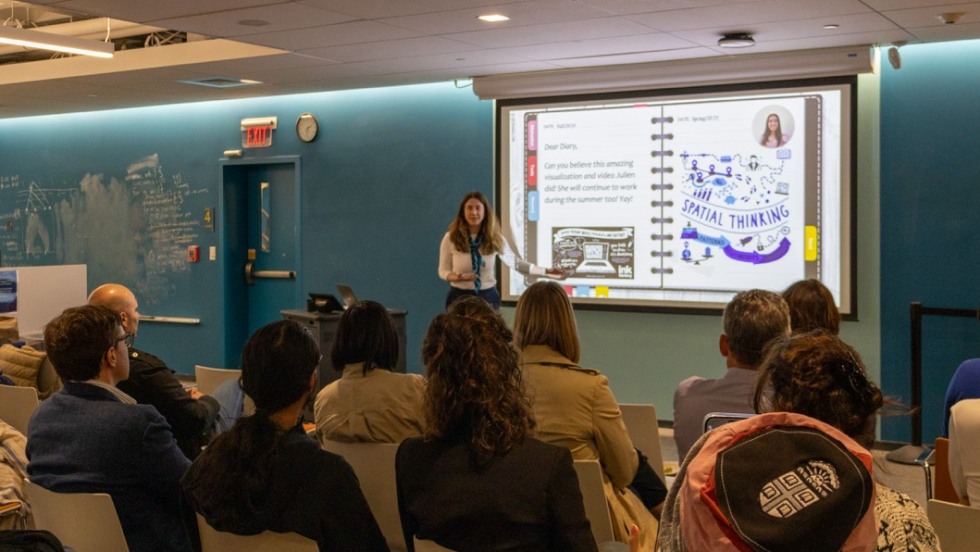
Seda Salap-Ayca, "Mappy Python Diaries - Living Textbook Project."
